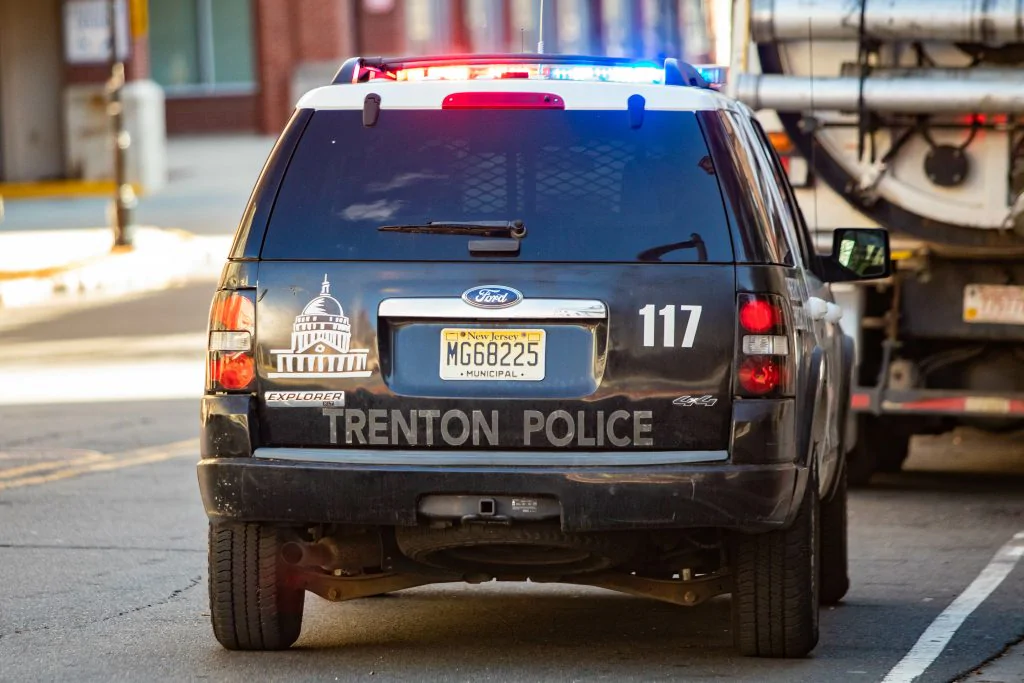Victims of negligence in New Jersey must know the state-specific statute of limitations in place, or they may be unable to file a claim against a negligent party. A statute of limitations is a crucial aspect of the legal system that determines the time frame within which a person can file a lawsuit for a specific type of legal claim.
Statutes of limitations vary by state, with each state having its own set of time limits, rules, and exceptions. This article will explore the intricacies of New Jersey-specific statutes of limitations, how they affect the litigation involved in different types of cases, and the unique circumstances involved.
New Jersey’s Statute of Limitations for Injury Claims
In New Jersey, the statute of limitations for nearly all injury cases is two years from the date of injury. Victims in NJ will be unable to file a claim if they take action after this two-year period ends. Exceptions to this time frame may be made under unique circumstances (more on this further down). Types of injury claims that must be filed within two (2) years include:
- Personal Injury: Victims of personal injury, such as slip-and-fall accidents or dog bites, have two (2) years from the date of the incident to file a claim in New Jersey.
- Car Accidents: If you’ve been involved in a car accident in New Jersey, you have two years to pursue legal action for injuries or property damage resulting from the collision.
- Assault: Victims of assault and battery have two years to seek compensation for the physical and emotional harm caused by the attack.
- Medical Malpractice: In cases of medical negligence or malpractice, the statute of limitations allows patients two years to file a lawsuit from the date when the injury was discovered or reasonably should have been discovered.
- Wrongful Death: In cases of wrongful death, the statute of limitations allows eligible family members two years from the date of the deceased’s death to file a claim.
- Nursing Home Abuse: Victims of nursing home abuse or neglect have two years to take legal action against the responsible parties.
- Premises Liability: If you suffer an injury on someone else’s property due to their negligence, you have two years to bring a premises liability claim.
Exceptions to New Jersey’s Statutes of Limitations
Certain circumstances may also qualify for an exception to the standard statute of limitations in New Jersey. These exceptions include:
- Discovery Rule: In cases where the injury or its cause was not immediately discoverable, the discovery rule may extend the statute of limitations until the injury or its cause became known or reasonably should have been known. This protects victims that receive a late diagnosis, or misdiagnosis, which may have happened long after they were injured in an accident.
- Continuous Treatment Rule: In medical malpractice cases, if the victim has undergone a series of treatments related to the malpractice, the statute of limitations may be extended.
- Equitable Tolling: This is a legal doctrine that, in some cases, can pause or extend the statute of limitations due to extraordinary circumstances, such as the plaintiff’s incapacitation or fraudulent concealment of the cause of action.
- Protections for Minors: If the injured party is a minor at the time of the incident, the statute of limitations may be tolled until they reach the age of 18.
- Incapacity and/or Mental Incompetency: If the injured party is deemed incapacitated or mentally unfit at the time of the injury, the statute of limitations may be tolled until they regain capacity.
- Fraud: If the defendant committed fraud to conceal their actions, the statute of limitations may be extended to allow the victim additional time to file a claim.
Filing a Claim After The NJ Statute of Limitations Ends
Filing a claim after the New Jersey statute of limitations has expired can have significant legal ramifications and may seriously impact the litigation process. Generally, if one attempts to file a lawsuit after the statute of limitations has lapsed, the defendant can raise the statute of limitations as a defense, and the court is likely to dismiss your case.
Attempting to file a claim after the statute of limitations has expired is risky and often futile. Seeking legal advice promptly after an injury can help ensure that your rights are protected, and you take timely action to pursue your case within the appropriate time frame. By being proactive and adhering to the statute of limitations, you can maximize your chances of a successful outcome and fair compensation for your injuries
NJ Statutes of Limitations for Non-Injury Related Claims
While NJ statutes typically limit victims to two years to file a claim, non-injury-related claims have their own set of limitations, including:
- Libel or Slander: Defamation cases involving libel (written defamation) or slander (spoken defamation) have a statute of limitations of one year in New Jersey.
- Property Damage: If your property is damaged due to someone else’s negligence, you have six years to file a claim in New Jersey.
- Professional (Non-Medical) Malpractice: Cases involving malpractice by professionals like accountants, architects, or engineers may have a statute of limitations of two years or within six years from the date of the alleged malpractice, whichever is shorter.
- Government Entities: If your injury claim involves a government entity, you may have a limited time frame to file a Notice of Tort Claim (usually 90 days) before proceeding with a lawsuit, which could have a different statute of limitations.
Learn How NJ’s Statute of Limitations Affect Your Case
It’s essential to remember that every case is unique, and the New Jersey statutes of limitations may apply differently based on the circumstances involved in each case. To ensure you understand the time limits and protect your legal rights, it’s advisable to consult with a knowledgeable injury attorney in your area.
Sobo & Sobo’s injury attorneys have over 50 years of experience handling various injury cases throughout the state of New Jersey. Schedule a free consultation by calling 855-468-7626, reaching out online, or visiting their office located at 600 Mount Prospect Avenue, Newark, NJ 07104.




